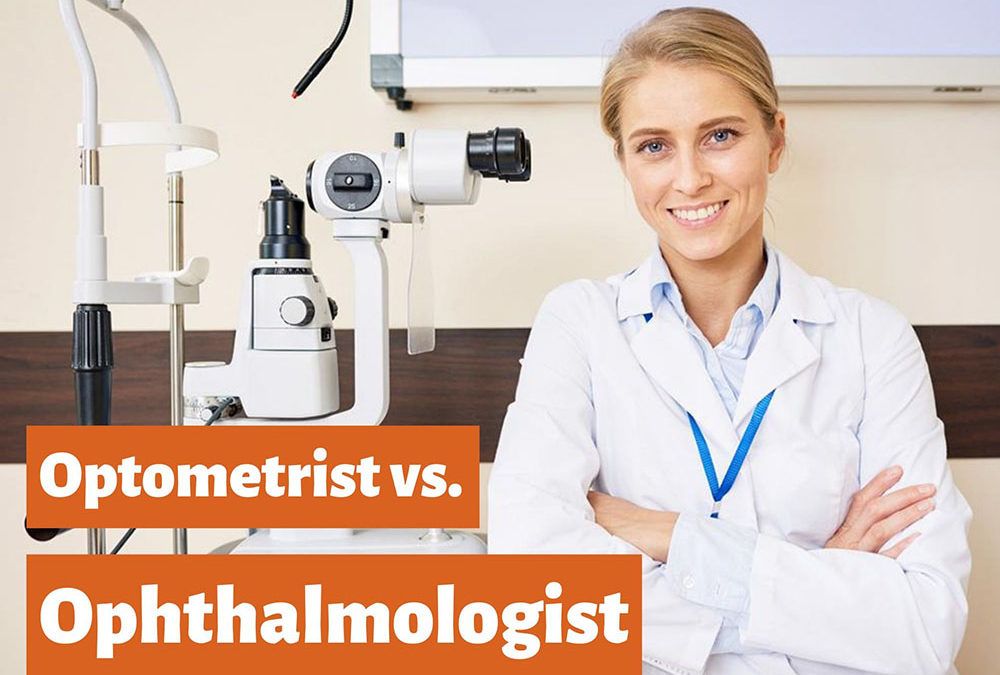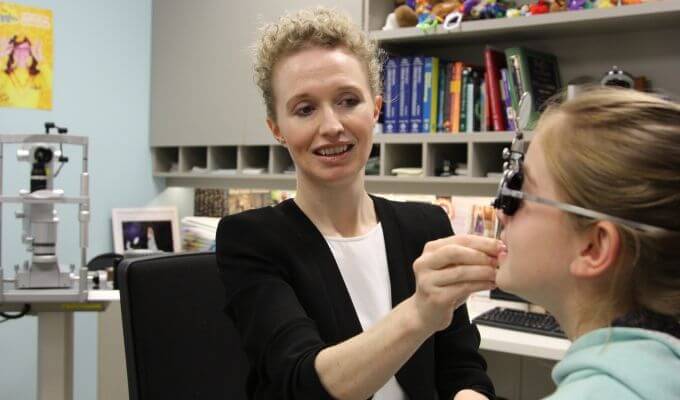The Basic Principles Of Eye Exam
Table of ContentsTop Guidelines Of Emergency Eye ProblemsNot known Details About Adult Strabismus The smart Trick of Emergency Eye Problems That Nobody is DiscussingThe 8-Second Trick For Comprehensive Ophthalmology
Ophthalmologists are medical physicians who concentrate on the diagnosis as well as treatment of eye and also vision issues. What is the difference in between an eye doctor and an optometrist, then? What concerning lens? These 3 kinds of eye care professionals have rather similar-sounding names and also overlapping work summaries. It can be confusing at first glance.They can not offer eye examinations, create prescriptions, or identify or deal with eye problems. Provide eye tests, vision screening, and prescriptions for glasses or call lenses.

Ophthalmologists identify and treat injuries, infections, illness, and disorders of the eye. Therapies can consist of drug taken by mouth (by mouth) or topically (in the eye), surgery, cryotherapy (freeze therapy), and radiation treatment (chemical therapy). Eye doctors go to medical school after that get a number of years of specialized training in the clinical and medical treatment of the eye.
What Does Eye Checks Do?
As they are the only doctor who can deal with all eye problems, ophthalmologists see a wide range of eye conditions, consisting of: Just how typically should you have an eye test? What are symptoms that show you may have an eye issue that requires to be checked by an ophthalmologist? The American Academy of Ophthalmology suggests: As kids's eyes are expanding and also changing rapidly, they need to get a vision screening.
Grownups who have healthy eyes and also superb vision must have four thorough eye examinations: one in their 20s, 2 in their 30s, as well as one at age 40. These appointments may enable the ophthalmologist to capture an eye illness or vision changes at an early stage. By the time you observe signs and symptoms, you may currently have some vision loss (PAEDIATRIC OPHTHALMOLOGY).

People who are at a higher threat of eye disease may require to obtain an eye exam much more frequently. After age 65, your eyes must be checked every one to two years.
Your sight depends on seeing the ideal eye doctor at the best time. When read this post here it's time to "obtain your eyes inspected," make sure you are seeing the appropriate eye care expert for your requirements.
Adult & Paediatric Eye Surgery - Truths

is a clinical or osteopathic medical professional who focuses on eye and also vision care. Ophthalmologists differ from optometrists and also opticians in their levels of training and in what they can identify and treat (http://known.schwenzel.de/2015/hatte-gerade-einen-5-minuten-tinnitus-hrte-sich-exakt-an-wie). As a clinical physician who has actually completed college as well as at the very least 8 years of extra medical training, an eye doctor is certified to exercise medicine and also surgical treatment.
Many ophthalmologists are also associated with scientific research study on the causes as well as remedies for eye conditions and vision conditions. SUBSPECIALISTS: ADDED EXPERTISE AND TRAINING FOR DETAILS EYE requires While eye doctors are trained to take care of all eye problems and also conditions, some Eye M.D.s concentrate on a specific location of clinical or medical eye care.
She or he normally completes one or two years of additional, a lot more extensive training called a fellowship in among the major subspecialty areas such as glaucoma, retina, cornea, pediatrics, neurology as well as cosmetic surgery, in addition to others. This included training and knowledge prepares an ophthalmologist deal with even more complicated or details problems in certain locations of the eye or in specific groups of clients.
An eye doctor is not a clinical doctor. An optometrist gets a medical professional of optometry (OD) degree after completing 4 years of optometry school, preceded by three years or even more years of college. They are accredited to practice optometry, which mostly includes carrying out eye tests and vision tests, prescribing as well as dispensing restorative lenses, identifying specific eye abnormalities, and suggesting medicines for certain eye conditions.
Some Of Comprehensive Ophthalmology
They use prescriptions provided by eye doctors or optometrists, but do not check vision or compose prescriptions for visual correction (https://forum.vcfed.org/index.php?members/drcrlinecatt.72788/#about). Opticians are not allowed to identify or treat eye illness. ADULT & PAEDIATRIC EYE SURGERY.
That's why it is so important to see an ophthalmologist for a complete clinical eye examination by age 40, and after that as often as suggested by your Eye M.D.
A full, medical eye examination by an Eye M.D. could be the first step toward conserving your view. Protruding of one or both eyes; Dark curtain or shroud that blocks your vision; Decreased vision, even if short-lived; Diabetes mellitus; Altered vision; Dual vision; Excess tearing; Eyelid irregularities; Family background of eye disease; Halos (colored circles around lights); High blood pressure; HIV or Help; Injury to the eye; Loss of peripheral (side) vision; Misaligned eyes; New advances (black "strings" or flecks in the vision) and/or flashes of light; Pain in the eye; Thyroid disease-related eye issues (Tomb' condition); Uncommon red eye.